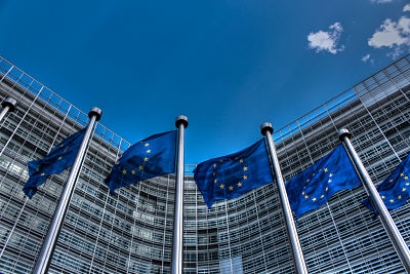
As the clean energy transition unfolds, its pace of development is not fast enough according to a new State of the Energy Union report released yesterday. This comes despite stark warnings of last year’s landmark IPCC report that an immediate and unprecedented shift away from fossil fuels towards zero-carbon economies is needed to keep global temperature rise to 1.5°C.
The State of the Energy Union report also reminds that EU leaders agreed last year on the EU’s 2030 energy targets, through the ‘Clean Energy Package’, but that these are just a starting point for the scale of action needed to meet the Paris Agreement goals, which requires all Member States to hit the ground running and advance the clean energy transition at a much faster pace.
The efforts required will have to include preparation of the National Energy and Climate Plans (NECPs) due by the end of this year, which will enable Member States to speed up progress. The draft NECPs were due before the end of 2018 and they have to be finalised by the end of 2019. This process is required by the Governance Regulation which is one of the three pillars - next to the Renewable Energy Directive and the Energy Efficiency Directive - of the ‘Clean Energy Package’ that was adopted last year.
EU countries must also ban financial support to fossil fuels immediately and allocate more resources towards climate-friendly, cost-effective solutions: energy savings and renewable energy.
“It’s high time for EU countries to run the energy transition at its full speed” said Wendel Trio, Director of Climate Action Network (CAN) Europe. “This is all the more needed after last year’s IPCC report on 1.5°C, which made a strong case for the urgent and unprecedented shift required to drastically cut greenhouse gases and prevent dangerous climate change. NECPs are an important tool for Member States to set out clear pathways to transition away from fossil fuels, and scale up the development of energy efficiency and renewable energy in line with the Paris Agreement goals.
Mr Trio added that the European Commission must hold EU governments accountable for the quality of these plans, and make recommendations for improvements which will ensure the EU gears towards higher climate ambition in the short term and net-zero emissions well before 2050.
For additional information:

